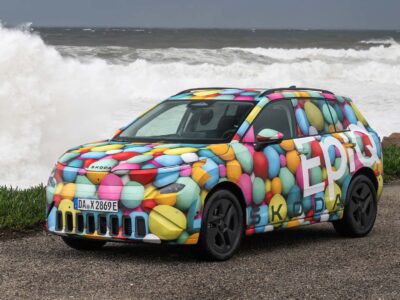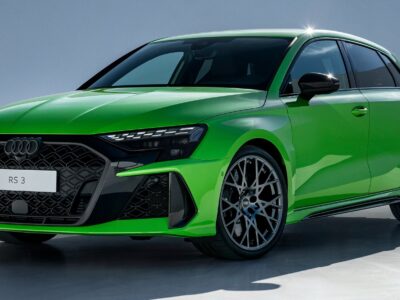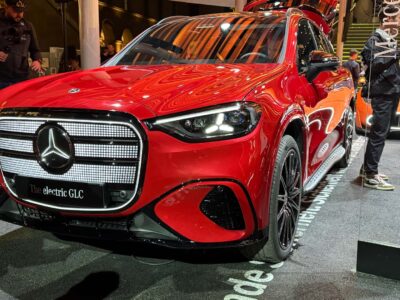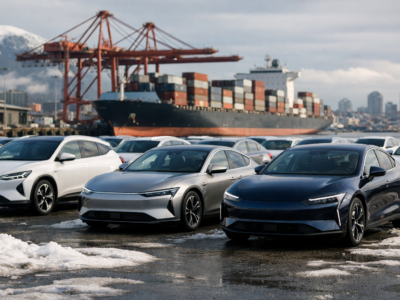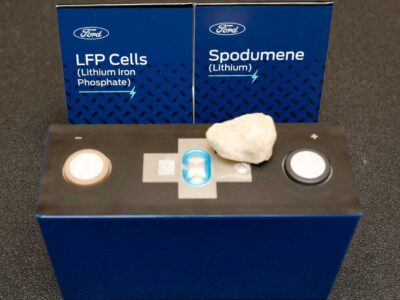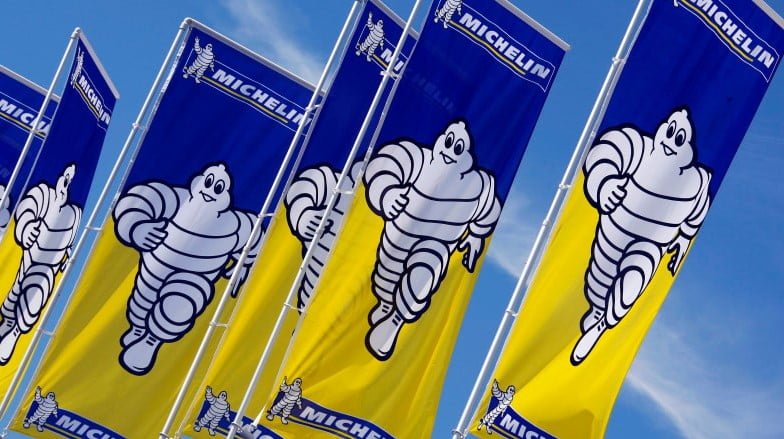
The French company Michelin plans to add around $15 billion to its annual revenues by 2030, recovering from a pandemic-induced slowdown and diversifying beyond its tire manufacturing heritage into new activities, including hydrogen energy and medical devices.
It anticipates that the fastest growth will come from its hydrogen energy systems manufacturing business for vehicles. The company also expects rapid growth in new fields such as 3D metal printing and medical devices.
“While remaining true to our DNA, the company’s profile will evolve significantly by 2030, with a more prominent role for new and high-value activities beyond tire manufacturing,” said CEO Florent Menegaux in a statement.
In its traditional tire business, Michelin aims to achieve growth by shifting part of the production to lower-cost locations and focusing on higher-margin tires.
Like many other companies connected to the automotive industry, Michelin has been heavily impacted by the coronavirus pandemic, which led to a global decline in car demand.
The company forecasts a complete recovery from the effects of the pandemic by the end of 2022.
Michelin and the French automotive parts manufacturer Faurecia jointly own a company called Symbio, which produces hydrogen fuel cell systems for light vehicles, utility vehicles, and trucks.
Hydrogen has been promoted for decades as an alternative to fossil fuels, but attempts to commercialize it for use in vehicles and industries have faced challenges.
Toyota, Honda, and Hyundai are the only major automakers selling hydrogen fuel cell vehicles to consumers, with sales being modest.
However, the European Union, Great Britain, Japan, South Korea, and leading oil and gas companies such as Royal Dutch Shell, BP, and Total have outlined plans to heavily invest in hydrogen energy.



